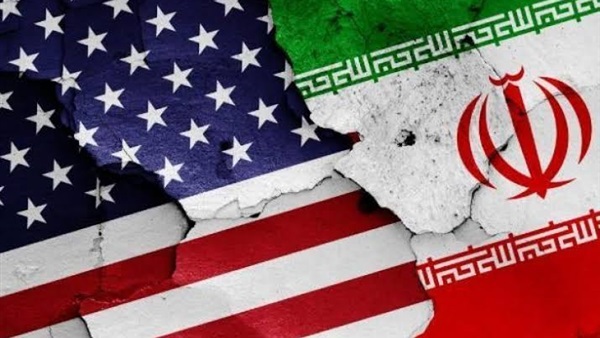Iran, U.S. Close In on Nuclear Deal Text but Hurdles Remain

Negotiations between Iran and the U.S. on reviving the 2015 nuclear deal are close to completion, the European Union’s senior negotiator at the talks said Sunday evening, but it remained unclear whether Tehran will accept the final deal.
The text of an agreement could be closed in coming hours, said the EU’s Enrique Mora, the coordinator of the talks. However, Iran must still decide whether to set aside its demand that the nuclear deal can only be revived if a multiyear United Nations atomic agency probe into its nuclear program is closed.
“We were negotiating some technical questions that were open in the text,” Mr. Mora told reporters in Vienna. “We are advancing and I expect that we will close this negotiation soon.”
The final text would need to be approved by Iran, the U.S. and the other participants in the talks, Russia, China, France, Britain and Germany. The senior French, U.K. and German negotiators aren’t currently in Vienna.
The Vienna negotiations, which have dragged on for 16 months now, aim to agree upon steps Washington and Tehran must take to return to compliance with the 2015 nuclear deal’s terms.
The 2015 deal set tight but temporary limits on Iran’s nuclear program in exchange for lifting international sanctions on Tehran. The Trump administration took the U.S. out of the agreement in May 2018, arguing it wouldn’t stop Iran from gaining nuclear weapons. Iran started breaching the nuclear limits in the deal a year later and has since massively ramped up its nuclear activities.
The negotiations neared agreement in March but then stalled for months. But the talks resumed on Thursday after Iran softened one of its remaining demands: the lifting of terror sanctions on its elite Revolutionary Guard Corps.
However, Iran came into last week’s talks insisting that the U.N. atomic agency’s three-year probe into undeclared nuclear material found in the country must be closed down if the nuclear deal is revived. Several Western diplomats said Sunday that Tehran has doubled down on this condition in the past few days of talks and there is no agreement on the issue.
The probe into the man-made nuclear material found in Iran is highly sensitive for Tehran, which has always claimed it has never sought nuclear weapons. Iran has stonewalled the investigation and given answers that the agency has said aren’t credible.
However, Western officials have said Iran needs to cooperate with the International Atomic Energy Agency and insisted they wouldn’t intervene to close the probe or to set a fixed deadline for the agency’s work.
One Western diplomat said there would be no reference to Iran’s demands to close the nuclear probe in the text of the agreement being worked on.
On Monday, there will be no formal negotiations because of the Iranian holy day of Ashura. However, the aim is to have the final text ready for a final decision in the coming days. It isn’t clear if the chief Iranian negotiator, Ali Bagheri-Kani, will return to Tehran first for consultations with the Iranian leadership.
Russia’s chief negotiator at the talks, Mikhail Ulyanov, told reporters Sunday, “we are talking about days, not weeks” to complete a deal.
Iranian Foreign Minister Hossein Amir-Abdollahian also said Sunday that the success of the nuclear talks depends on Washington showing flexibility in the talks.
“We are serious about reaching a solid and stable agreement,” he said during a conversation with U.N. Secretary-General António Guterres, Iran’s foreign ministry reported. “Of course, the result depends whether the U.S. wants an agreement to take place and whether it will show necessary flexibility and realism in practice.”









